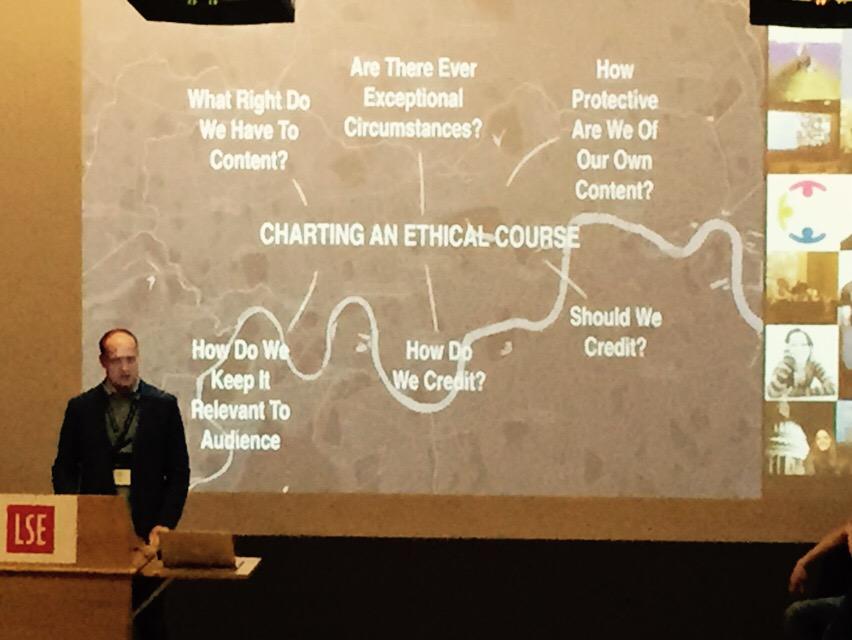Today all forms of media reported chaos, anger and confusion as something went wrong with the electrical power supply to Heathrow Airport in the UK.
Hat tip for photo to Bao Menglong on Unsplash
One media expect commented that "In reporting on this I had to get my thesaurus out to explain the consternation, surprise, shock, distress and embarrassment this unprecedented disruption has caused with its huge and awkward impacts"
Politicians were quick to comment "Obviously its too early to comment as we don't have the full facts nor a considered root cause analysis of why this happened. But I can say, with absolute certainty, that there will be questions that need to be answered. And I intend to stand tall and ask those questions in a manner that in no way maximises my public recognition scores"
Expert pundits were able to add some light and insight to the closure. As one said "As an expert in this area I have, in no way, previously pointed out Heathrow Airport's vulnerability to this sort of failure. However I can say that there should have been contingency plans for such a possibility. And of course I am able to assume in making such statements that the closure of the airport was in no way part of a contingency plan for such an event"
A newspaper owner has publicly stated "Thank goodness for these types of unexpected events, it really helps us in getting people to read my legacy media".
Digital media influencers were also quick to use AI to write a short click bait headline article on the Heathrow closure, which conveniently linked to whatever product they are promoting without complying with advertising rules or declaring their income to the tax authorities.
Some of the inhabitants of X have tweeted about how the closure was linked to some form of wokeness they dislike. Whilst others have pointed out that the co-incidence of the airport and M25 closures were obviously a cover up for UFO landing at Heathrow.
Too put all of this into perspective a business insider said "Once again this failure demonstrates how private equity investors in monopolistic enterprises can really help a business focus on maximising returns for investors, rather than wasting money on building resilience into operations"
















 frédérik ruys
frédérik ruys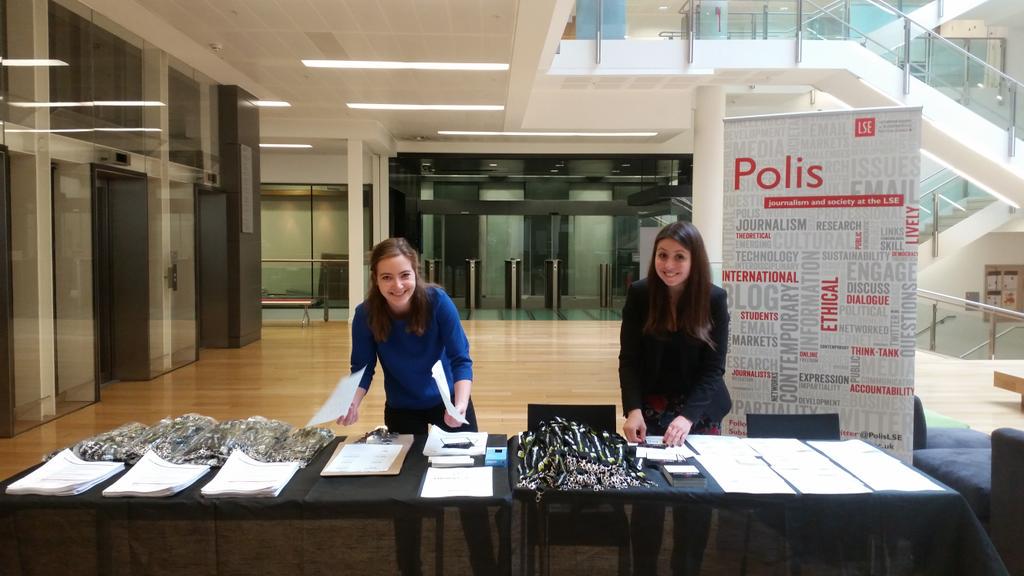

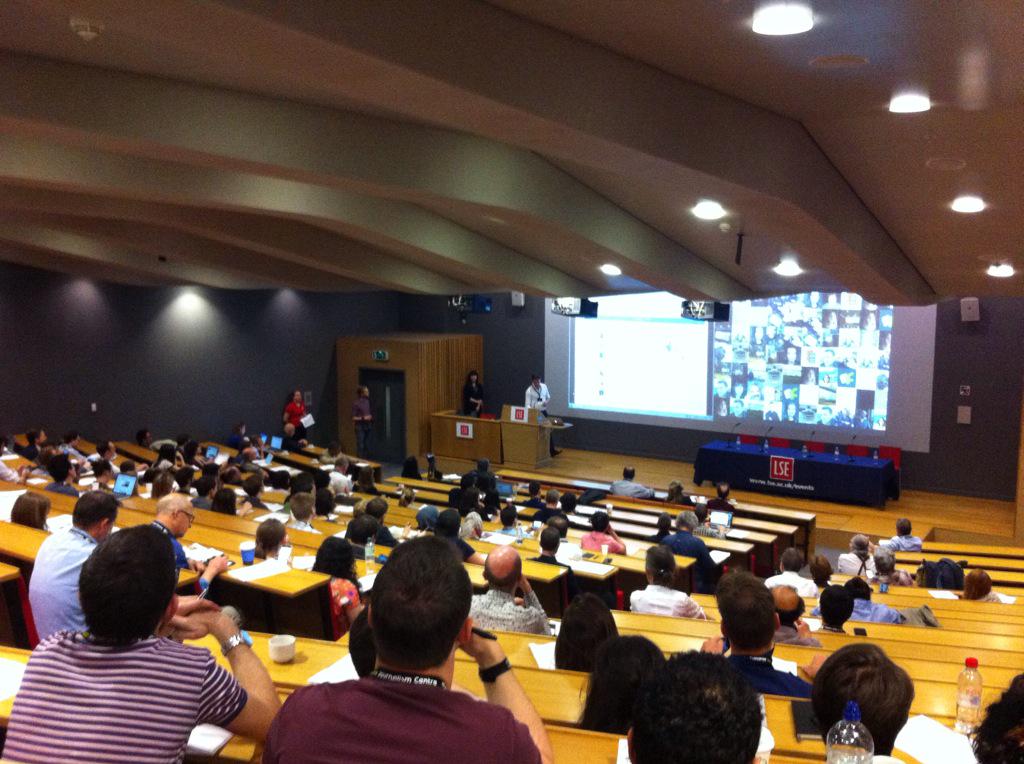

 Rohan Jayasekera
Rohan Jayasekera 

 Mevan. Me and van.
Mevan. Me and van. 
 Catalina Albeanu
Catalina Albeanu 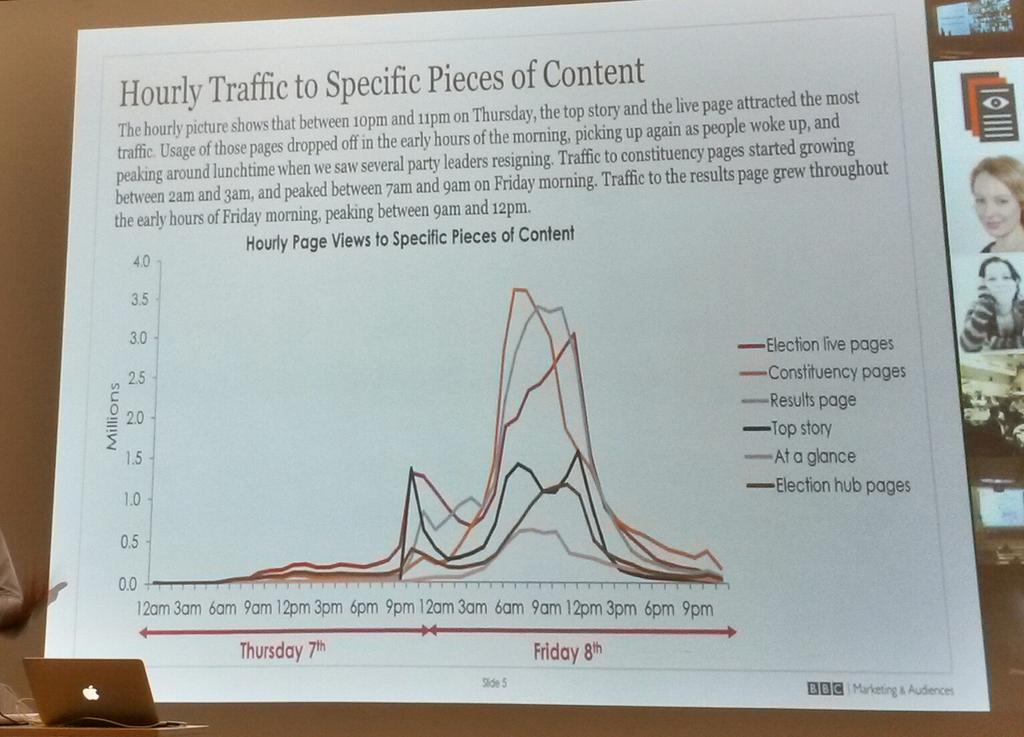




 Martin Belam
Martin Belam 

 Etan Smallman
Etan Smallman 
 Gemma McNeil-Walsh
Gemma McNeil-Walsh 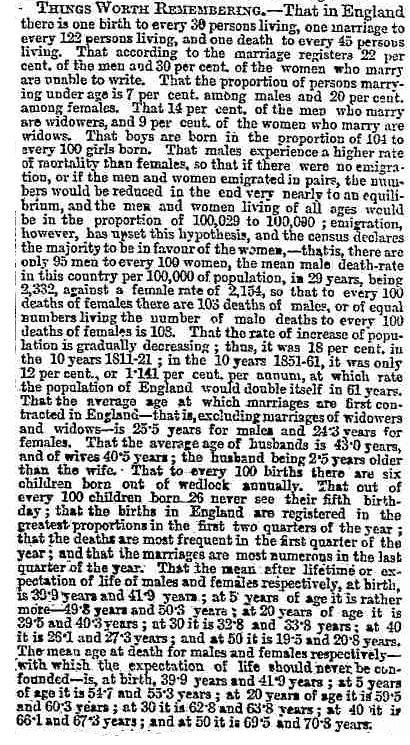


 Martin Stabe
Martin Stabe  Suchandrika
Suchandrika 

 HacksHackersDUB
HacksHackersDUB 




 Jenni Smout
Jenni Smout 

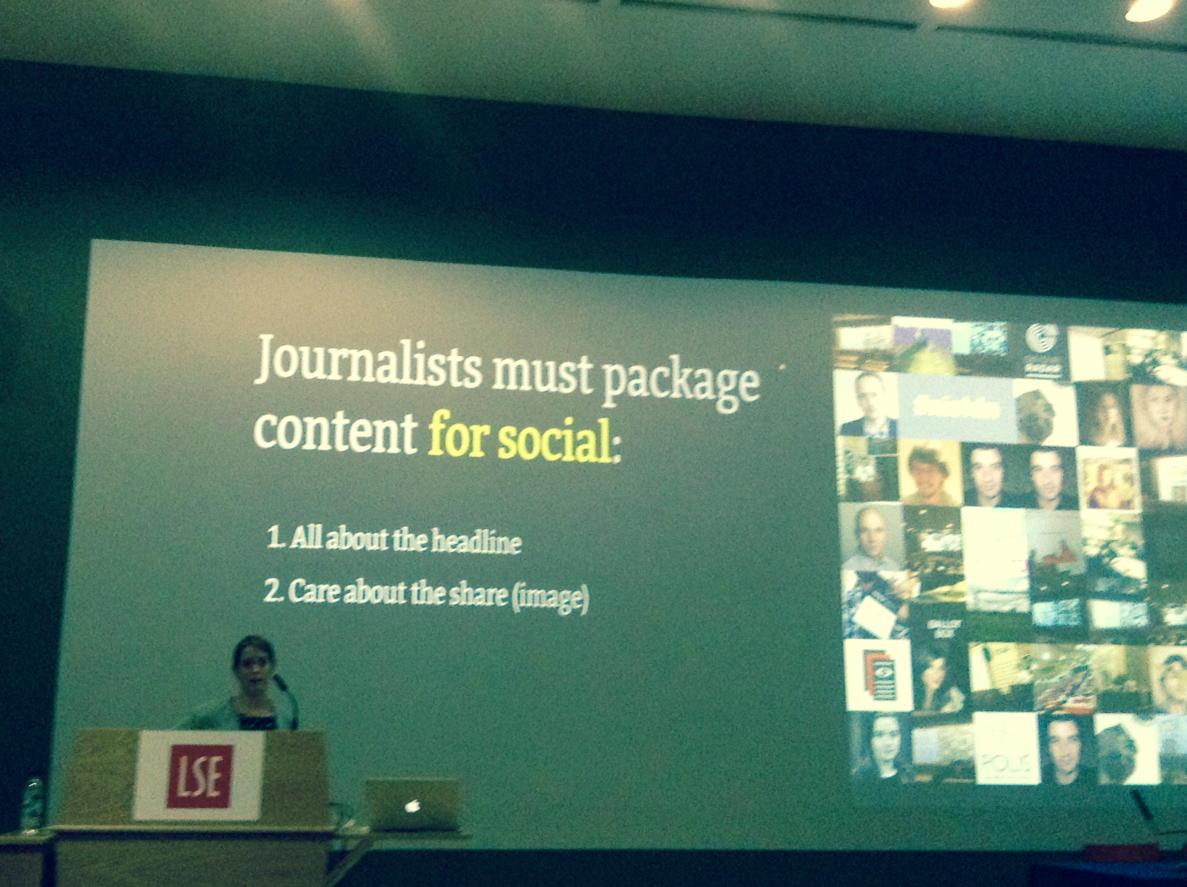
 Charlie Beckett
Charlie Beckett 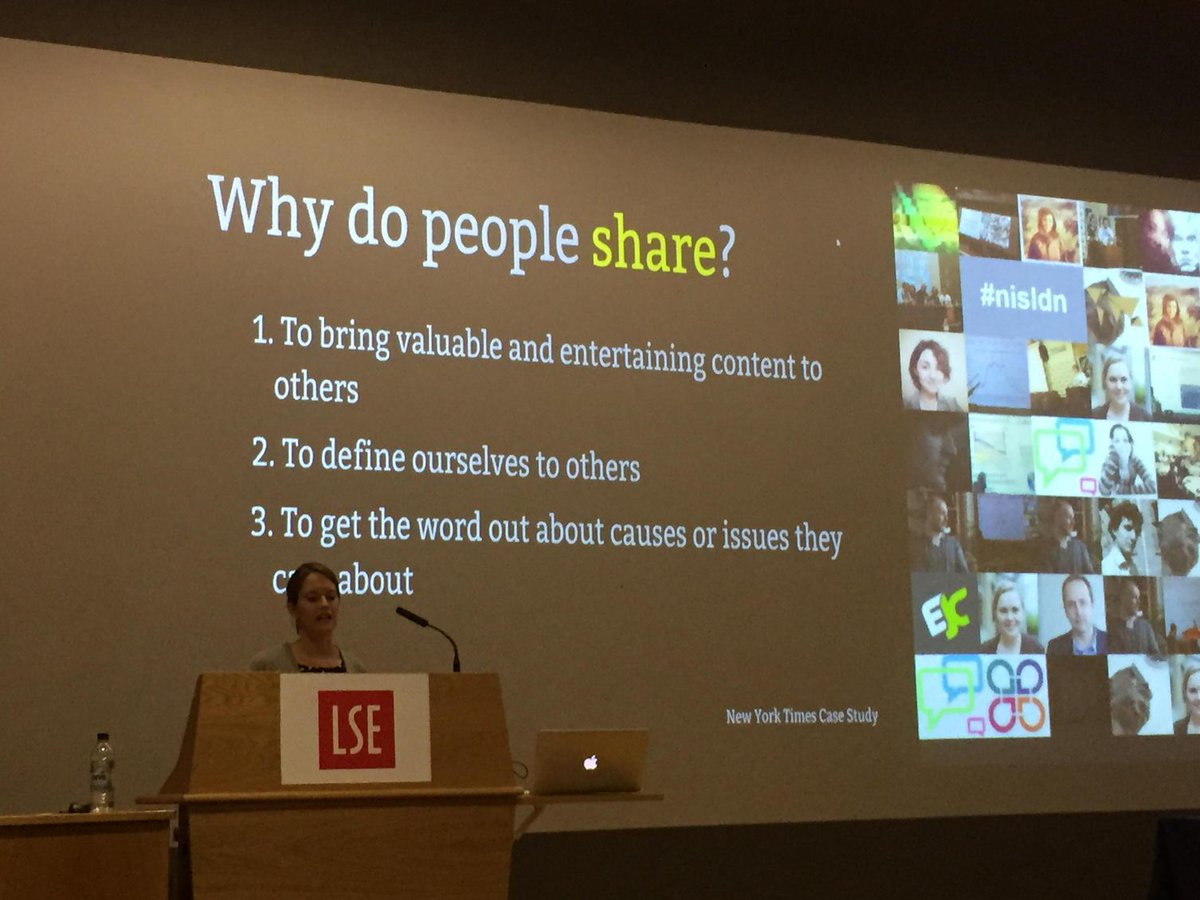
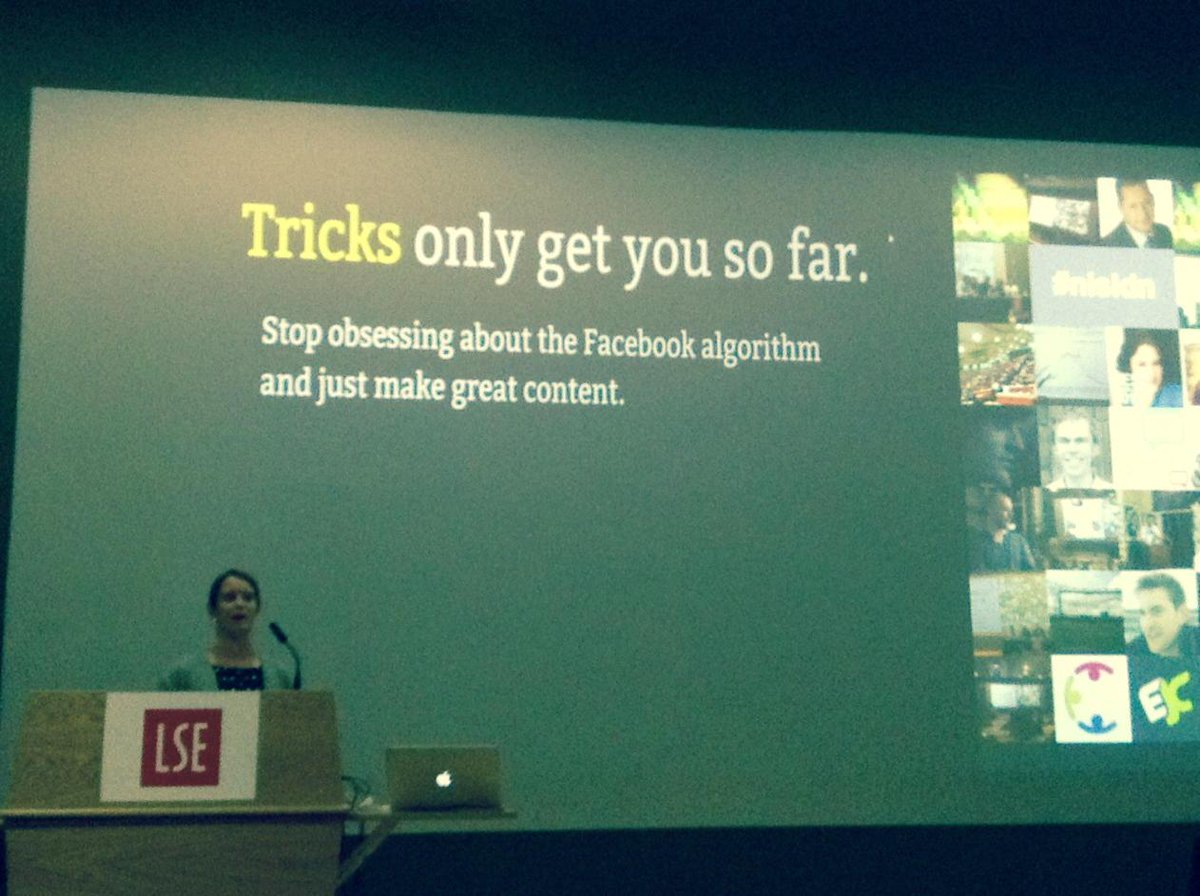




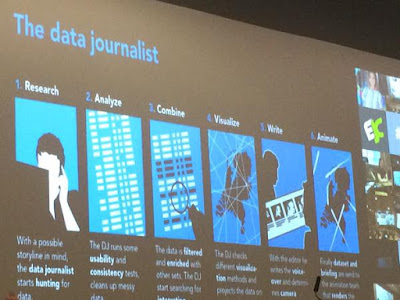
 Chris Hutchinson
Chris Hutchinson  Matt Cooke
Matt Cooke 


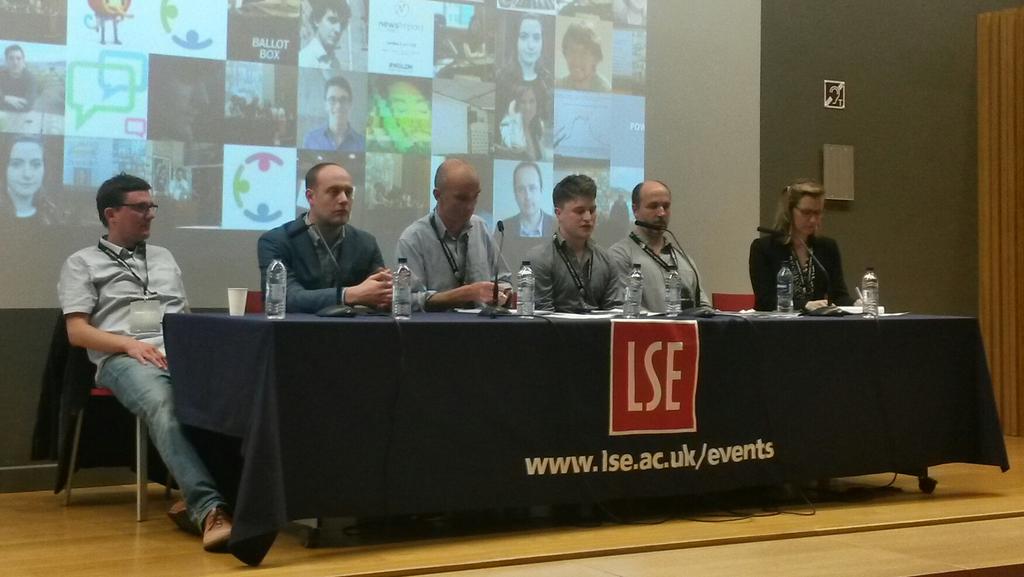
 Hodan YusufPankhurst
Hodan YusufPankhurst 
 Sophie Nicholson
Sophie Nicholson 